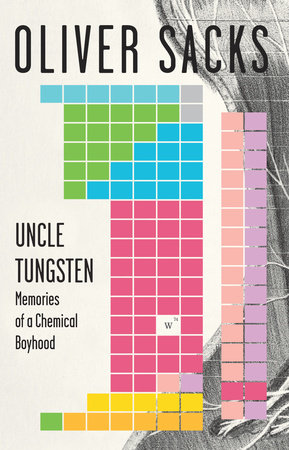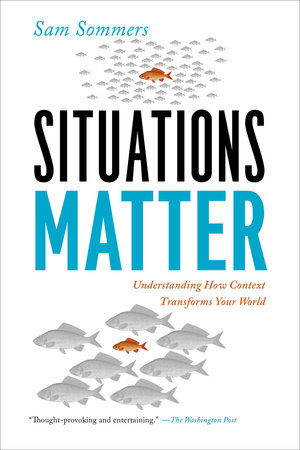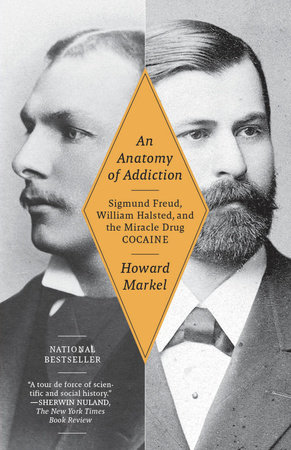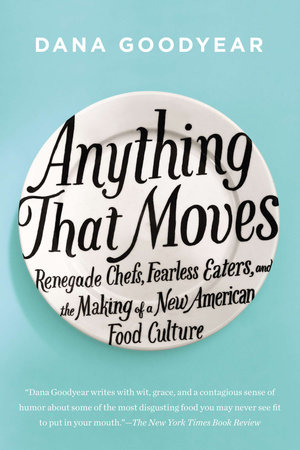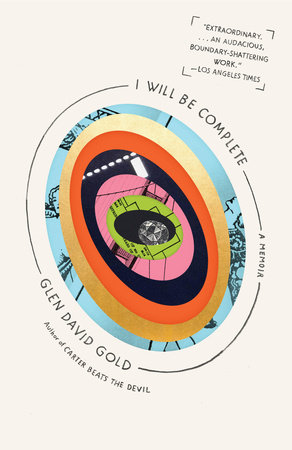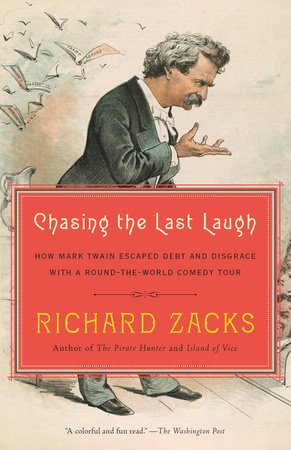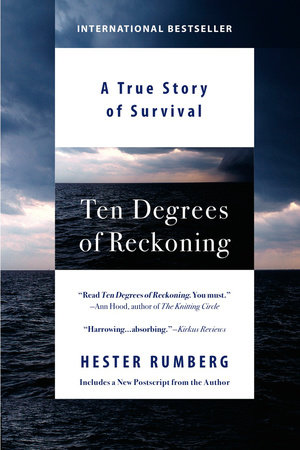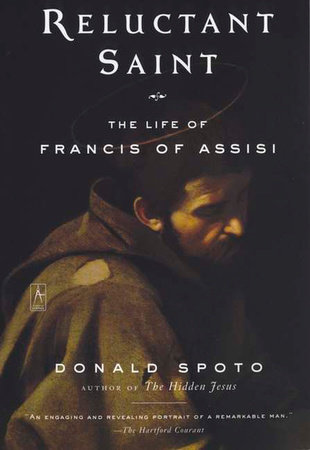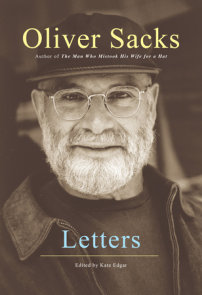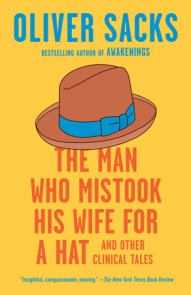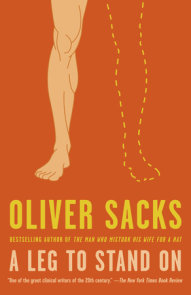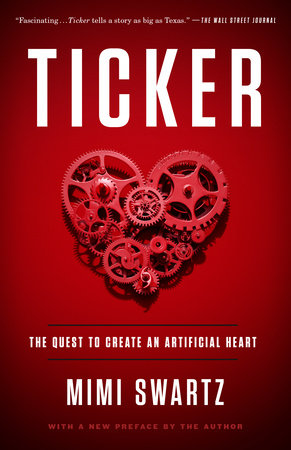Author Q&A
A Conversation with Oliver Sacks, author of Uncle Tungsten: Memories of a Chemical Boyhood
Q: What is your earliest memory?
A: My earliest memory is of my father reading. I would see him in his study, intent on his book, with a little smile sometimes hovering on his face. This gave me a sense of the wonder of books and incited me to read very early myself.
Q: What role did your family, particularly your parents and your uncle Tungsten, play in the development of your scientific curiosity?
A: I was always asking questions. Why is the sky blue? What is lightning? What makes the sun shine? And though I tried their patience, my parents always struggled to give me real answers, or to refer me to my "science" uncle, Uncle Tungsten. Uncle Tungsten had a laboratory in his light-bulb factory, and he introduced me to chemical experiments and showed me that these were a way of asking questions directly of Nature.
Q: You were sent to boarding school when you were six years old. What were the conditions precipitating this decision, and what effects did the boarding school years have on you?
A: I was one of nearly four million children in England who were sent away from their homes at the beginning of the Second World War. This evacuation from London and other major cities was ordered by the government, with the thought that Britain’s children, at least, might be protected from the expected bombings. This worked out well for some children, but being sent to boarding school at the age of six was traumatic for me (like many others), because of the long separation from my parents and the somewhat abusive atmosphere in the school.
Q: You write of the passions, even the obsessions, of your young mind. Is there one particular passion that stands out in its intensity or strangeness?
A: I was crazy about numbers, especially prime numbers. I spent thousands of hours exploring, multiplying and dividing, and factoring numbers, looking for patterns and special relationships, suspecting these might have some mysterious significance, might be somehow a key to the universe. "God thinks in numbers," a favorite aunt used to say.
Q: Some of the chemicals in your experiments were highly volatile. Did you have any spectacular accidents?
A: Things were always blowing up or boiling over. The most frightening was when some lithium caught fire and burned down a corner of my laboratory before I had it under control. Once I filled the house with vile-smelling and very poisonous hydrogen selenide, and once there was an explosion of hydrogen that blew off my brother’s eyebrows. But, luckily, neither I nor anyone else was really hurt.
Q: Who were your boyhood heroes? Are they still your heroes?
A: My boyhood heroes were almost all chemists or physicists. Humphry Davy, the famous nineteenth-century chemist, was very special to me because he seemed so boyish himself. I repeated a lot of his experiments: getting metallic sodium and potassium by electrolysis, trying to make fluorine, burning a small diamond of my mother’s with a magnifying glass (she was not pleased), electroplating objects around the house, trying to imagine, to feel, his excitement when he first did these things.
Marie Curie was another hero, partly because my mother had met her, partly because I read Eve Curie’s biography of her mother when I was 10 or 11—this was the first biography of a scientist I ever read.
Another hero was Glenn Seaborg, and it was a great delight actually meeting him in 1997 (as it was to meet Eve Curie the following year). These are still heroes for me, the more so as I am now much more conscious of their being human, having their fill of human impulses and failings and problems and yet achieving so much.
Q: It seems that your knowledge could have led you to practice in almost any scientific field. Why did you decide to pursue neurology?
A: I came to medicine and neurology slowly and almost reluctantly, for I had thought of being a chemist, a marine biologist, a physiologist (and a few other things) on the way. But finally the business of being a physician, as both my parents were, and curiosity about the most mysterious and yet intimate things in the world—thinking, feeling, memory, consciousness—drew me, perhaps ineluctably, to the study of the human brain.
